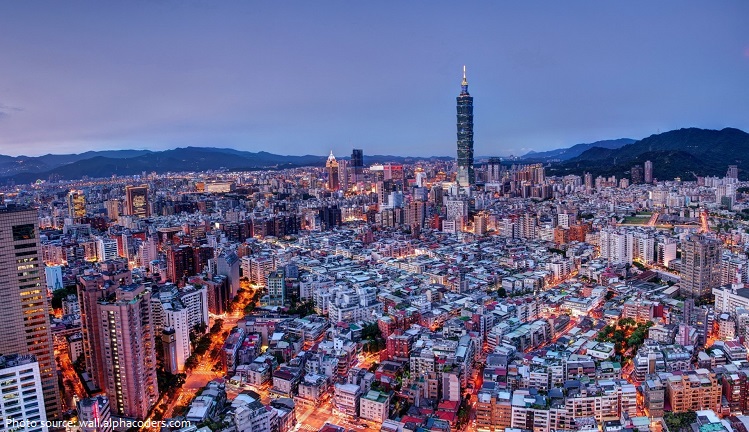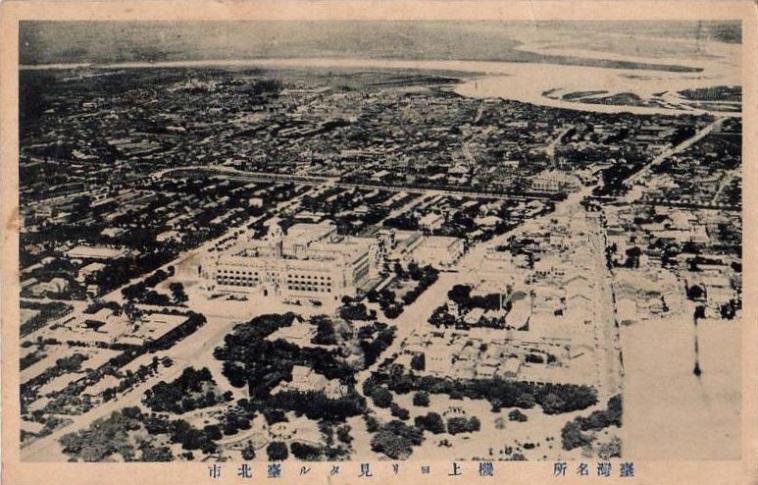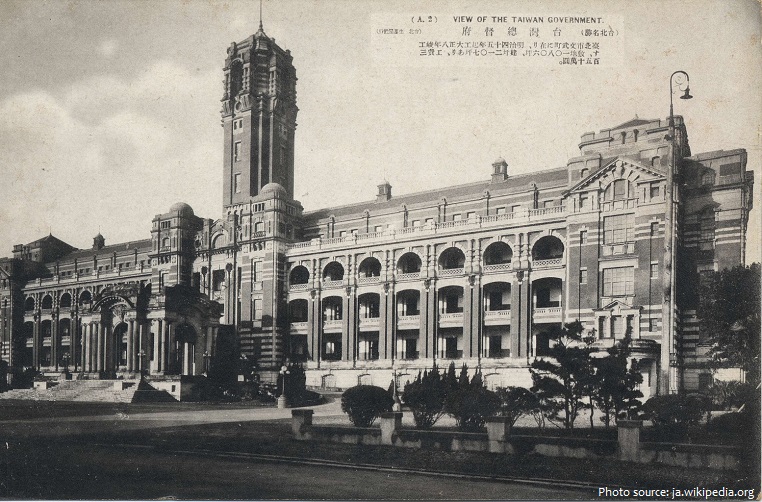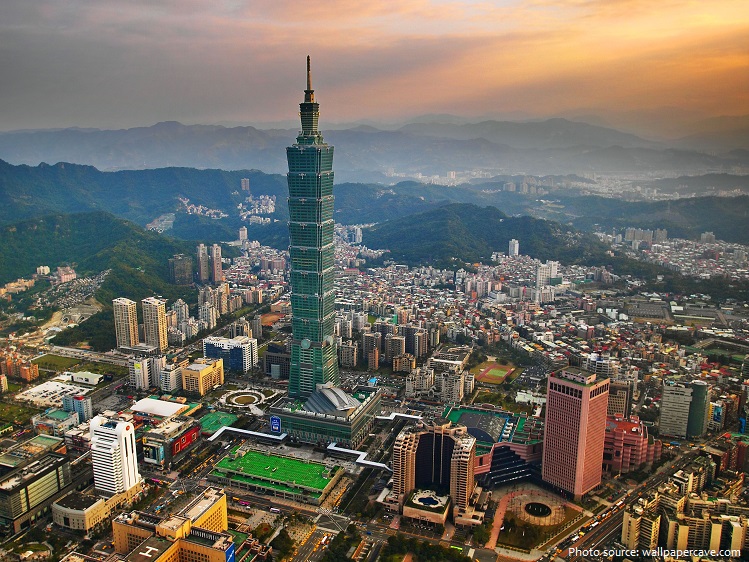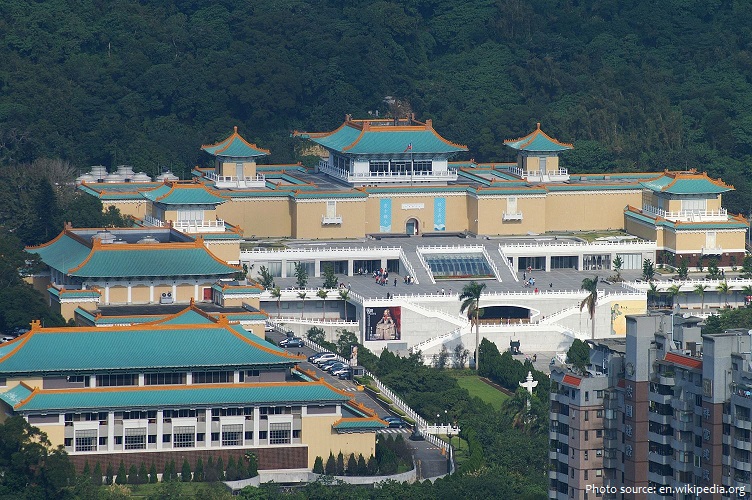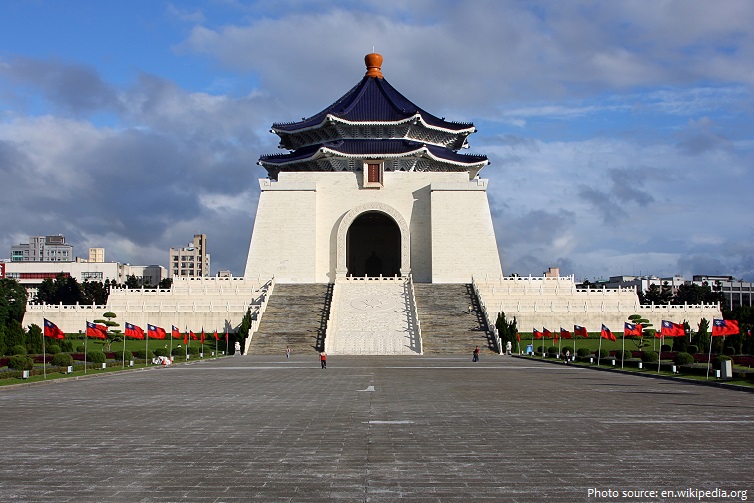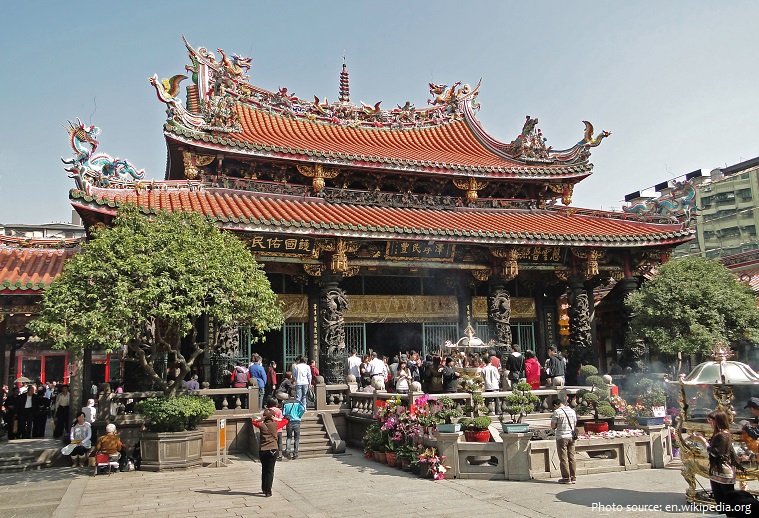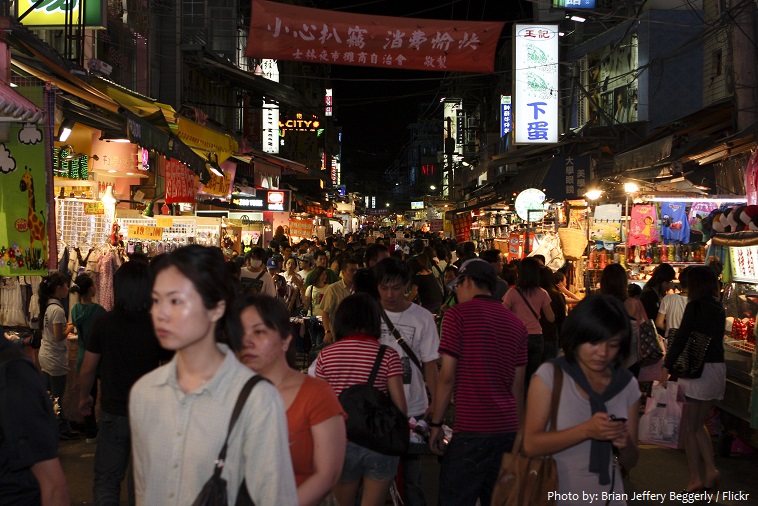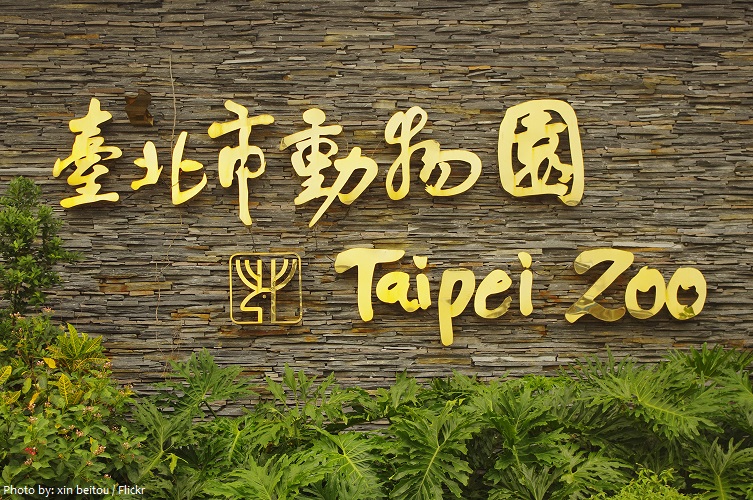Taipei, officially known as Taipei City is the capital of Taiwan.
It is an enclave within the large urban area of New Taipei, the most populous city in Taiwan.
Taipei is located in the Taipei Basin in northern Taiwan. It is bordered by the Xindian River on the south and the Tamsui River on the west.
As of November 2019, the population of Taipei is about 2.7 million people.
Taipei covers a total area of 271 square kilometers (105 square miles).
The city has average elevation of 10 meters (33 feet) above sea level.
Taipei was founded in the early 18th century by Chinese immigrants from Fujian province on the mainland.
In the 19th century it became an important center for overseas trade via its ports of Chi-lung and Tan-shui (Danshui).
Taipei was made an administrative entity of the Chinese government in 1875, and, when Taiwan was proclaimed a province of China in 1886, the city was made the provincial capital.
The Japanese acquired Taiwan in 1895 as part of the peace agreement after the first Sino-Japanese War and retained Taipei as the capital. During that time the city acquired the characteristics of an administrative center, including many new public buildings and housing for civil servants.
The island reverted to China in 1945, after Japan’s defeat in World War II.
Taipei was at the center of a massacre of local Taiwanese by mainlanders in early 1947.
In 1949 the city became the seat of the Chinese Nationalist government, after the victories of the communists on the mainland had forced the Nationalists to reestablish themselves on Taiwan.
Taipei expanded greatly in the decades after 1949.
Today, Taipei is the political, economic, educational, and cultural center of Taiwan and one of the major hubs in East Asia.
Probably the most recognizable landmark in the city is Taipei 101. It is a 101-floor skyscraper that claimed the title of world’s tallest building when it opened in 2004, a title it held for six years before relinquishing it to the Burj Khalifa in Dubai. The height is 508 meters (1,667 feet) as measured from the ground to the tip of the spire on top. The roof height and top floor height as 448 meters (1,470 feet) and 438 meters (1,437 feet). The tower has served as an icon of modern Taiwan ever since its opening.
The National Palace Museum is located in Taipei and has a permanent collection of nearly 700,000 pieces of ancient Chinese imperial artifacts and artworks, making it one of the largest of its type in the world. The collection encompasses 8,000 years of history of Chinese art from the Neolithic age to the modern. Most of the collection are high quality pieces collected by China’s emperors.
The National Chiang Kai-shek Memorial Hall is a famous national monument, landmark and tourist attraction in Taipei. It is erected in memory of Generalissimo Chiang Kai-shek, former President of the Republic of China. The monument, surrounded by a park, stands at the east end of Memorial Hall Square.
Bangka Lungshan Temple is a Chinese folk religious temple. The temple was built in Taipei in 1738 by settlers from Fujian during Qing rule in honor of Guanyin. It served as a place of worship and a gathering place for the Chinese settlers. In addition to its Buddhist elements, it includes halls and altars to Chinese deities such as Mazu and Guan Yu.
Shilin Night Market is a night market in Shilin District, Taipei and is often considered to be the largest and most famous night market in Taiwan. It was built as early as in 1899 and the market is famous for various snacks and eatery.
The Taipei Zoo, sometimes referred to as the “Muzha Zoo”, is a public zoological garden in Wenshan District, Taipei. It is the most famous zoological garden in Taiwan and a leader in conservation, research and education, and recreation. It is one of the largest zoos in Asia, with a total area of 165 hectares (407 acres).
Taipei is part of a major high-tech industrial area.
Railways, high-speed rail, highways, airports, and bus lines connect Taipei with all parts of the island.
Taipei has a variety of temples housing Buddhist, Taoist, and Chinese folk religion deities.
Tourism is a major part of Taipei’s economy.
When compared to other Asian cities, Taipei has “excellent” capabilities for managing air quality in the city.

